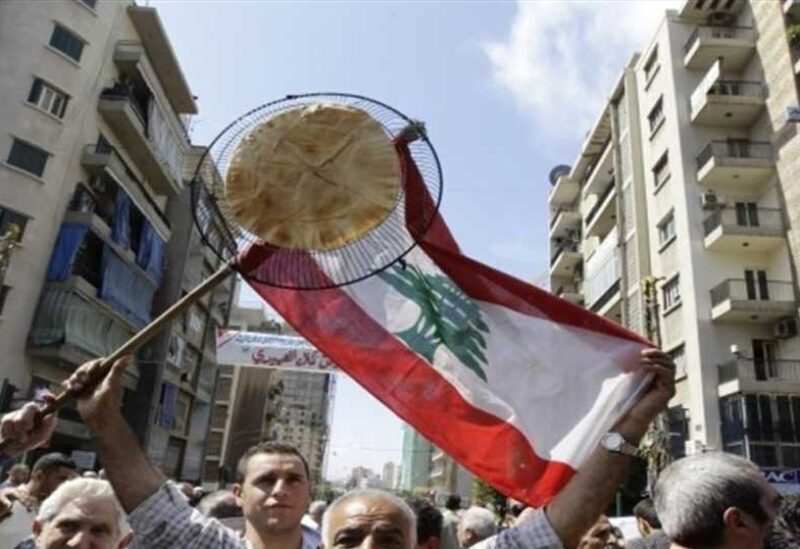
After all that has occurred from Arab and Gulf reactions after the statement of the foreign minister Charbel Wehbe whom has resigned, Arab diplomatic circles raise the need for Lebanon to take this issue as an occasion to review its foreign policy, especially towards its Arab brothers.
Prominent diplomatic sources explained to “Sawt Beirut International” that it is difficult for Lebanon to change its approach at the present time as long as “Hezbollah” controls its decision and has political influence, and as long as the Aounist movement is always going with it. The only thing that could change is to act in a more courteous and smarter way. Note that an Aounist attempt was made to rapprochement with the Gulf states, given that this team wants Sunni coverage for any candidate for the presidency of the republic affiliated with it. Rather, there are doubts about a fundamental change in politics, especially since the officials in this movement do not behave in a good manner, and are only trying to “bring back friendship” with a certain party. It is not surprising that if former minister Gebran Bassil did not succeed in the presidency, Wehbe would have considered presenting his credentials to the party. And when the Aounists choose people, they choose them as a result of fawn and not as a result of intelligence or objectivity. What happened is a catastrophe on the current, and it is certain that the countries targeted by Wehbe’s speech do not want at all anymore to deal with everyone who is related to the Covenant.
The sources pointed out that since the assumption of the former foreign minister, Gebran Bassil, the decline in Lebanese relations with the Arabs has begun, although one of the most important diplomatic advantage is establishing good relations with countries.
The sources asked whether Hezbollah or Iran allow Lebanon to review its foreign policy while the country is still under its control. But if elections take place and a new majority comes in, then the situation is different.
Other diplomatic sources emphasized that drawing up the new foreign policy does not change people. However, there are external situations in the region that are taken into consideration when determining this policy. If these conditions improve, Lebanon improves its speech, and if it does not improve, it remains silent. And foreign policy formulation becomes easier as the region goes to recovery, so that foreign policy becomes more balanced. Lebanon always walks between points, according to what a former foreign minister says, and it does not have a third solution, because it is a weak state and in any case, no one should be defamed or offended. Lebanon has resorted to a policy of dissociation and a policy of neutrality when external conflicts arise. Lebanon has paid a heavy price economically as a result of Hezbollah’s control of its policy, which led to the reluctance of the whole world to help it. The first international condition for forming a government in it has become for it to be a government of specialists and there is no controlling, disruptive or partisan party.
The sources indicate that Lebanon has paid heavy prices as a result of the imbalance of its foreign policy in recent years, and it must be corrected, so that its solidarity with the Arabs and the Gulf is a priority in this policy.
And the prices that it is still paying begin with refraining from supporting it because of Hezbollah’s control over its decision, to the point that it has become an isolated country from the world, and its decision is not in its hands.